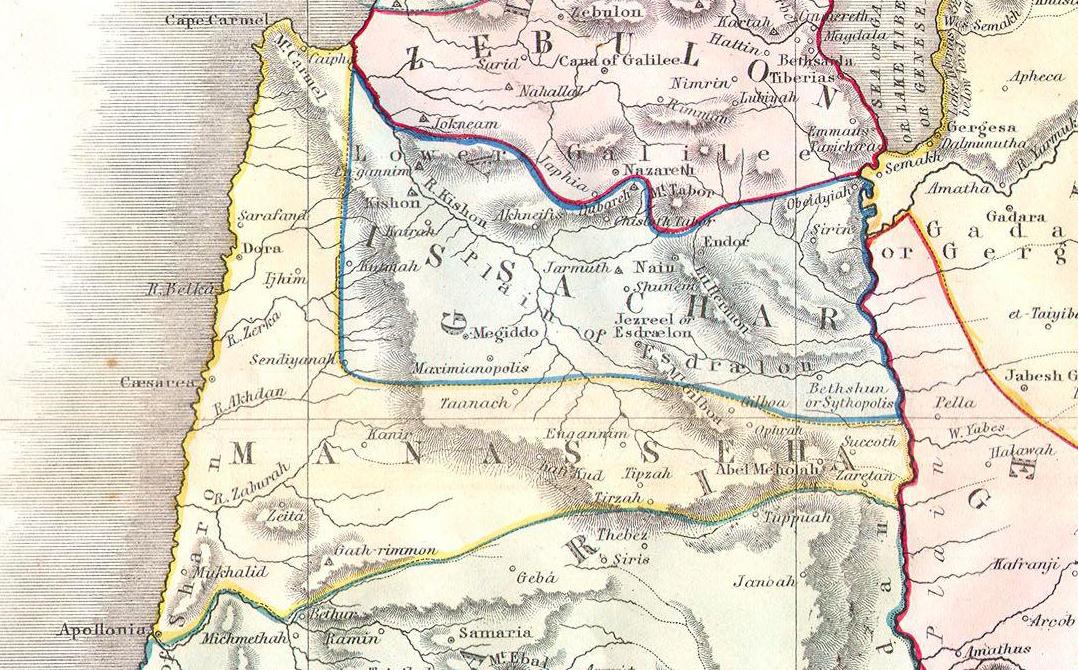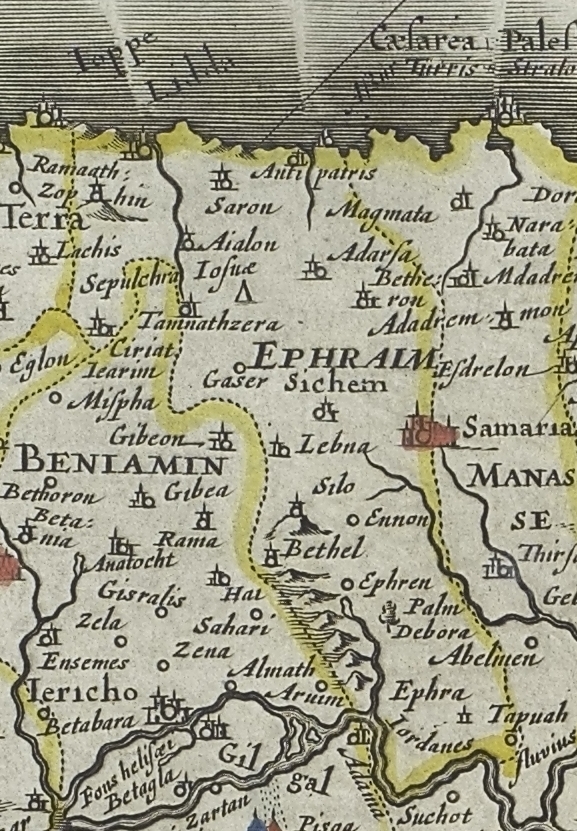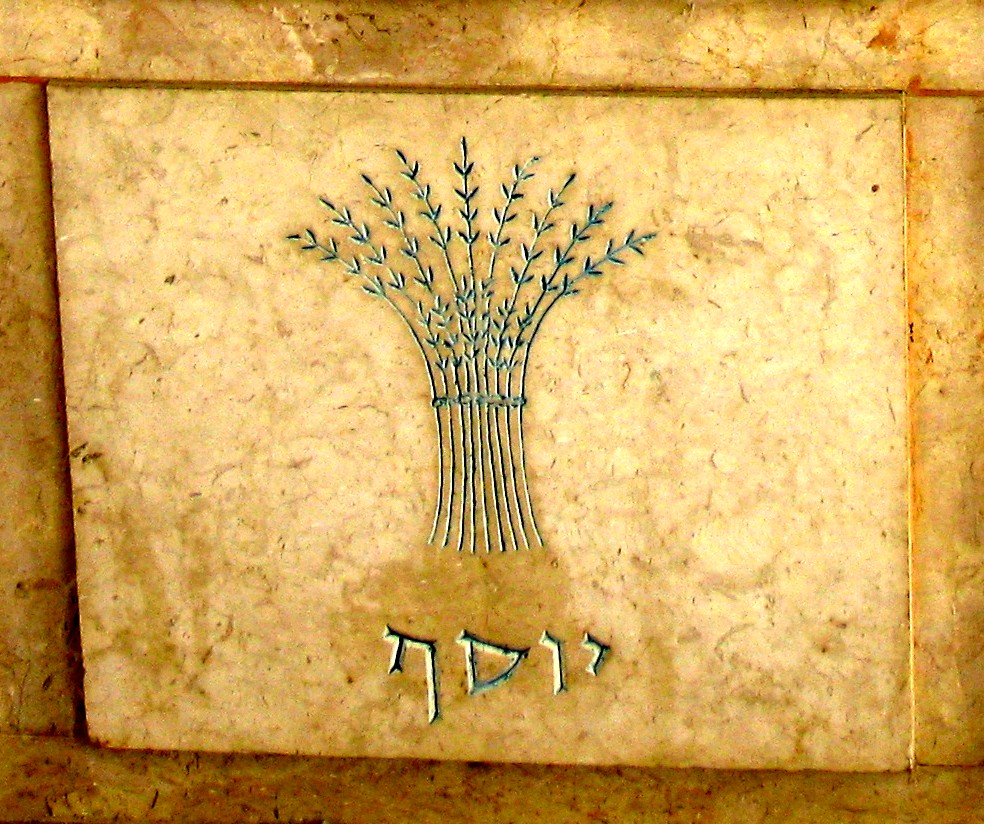|
List Of Major Biblical Figures
The Bible is a collection of Biblical canon, canonical sacred texts of Judaism and Christianity. Different religious groups include different books within their canons, in different orders, and sometimes divide or combine books, or incorporate Books of the Bible#Intertestamental books, additional material into canonical books. Christian Bibles range from the sixty-six books of the Protestantism, Protestant canon to the eighty-one books of the Ethiopian Orthodox Church canon. Hebrew Bible *Tubal-cain Prophets *Samuel *Enoch Kings *David *Solomon Priests * Aaron * Eleazar * Eli (Judges), Eli * Phinehas Tribes of Israel According to the Book of Genesis, the Israelites were descendants of the sons of Jacob, who was renamed Israel after Jacob wrestling with the angel, wrestling with an angel. His twelve male children myth of origin, become the ancestors of the Twelve Tribes of Israel. * Tribe of Asher, Asher * Tribe of Benjamin, Benjamin * Tribe of Dan, Dan * Tribe of Gad, Gad * ... [...More Info...] [...Related Items...] OR: [Wikipedia] [Google] [Baidu] |
Bible
The Bible is a collection of religious texts that are central to Christianity and Judaism, and esteemed in other Abrahamic religions such as Islam. The Bible is an anthology (a compilation of texts of a variety of forms) originally written in Hebrew, Aramaic, and Koine Greek. The texts include instructions, stories, poetry, prophecies, and other genres. The collection of materials accepted as part of the Bible by a particular religious tradition or community is called a biblical canon. Believers generally consider it to be a product of divine inspiration, but the way they understand what that means and interpret the text varies. The religious texts were compiled by different religious communities into various official collections. The earliest contained the first five books of the Bible, called the Torah in Hebrew and the Pentateuch (meaning 'five books') in Greek. The second-oldest part was a collection of narrative histories and prophecies (the Nevi'im). The third co ... [...More Info...] [...Related Items...] OR: [Wikipedia] [Google] [Baidu] |
Israelites
Israelites were a Hebrew language, Hebrew-speaking ethnoreligious group, consisting of tribes that lived in Canaan during the Iron Age. Modern scholarship describes the Israelites as emerging from indigenous Canaanites, Canaanite populations and other peoples.Mark Smith in "The Early History of God: Yahweh and Other Deities of Ancient Israel" states "Despite the long regnant model that the Canaanites and Israelites were people of fundamentally different culture, archaeological data now casts doubt on this view. The material culture of the region exhibits numerous common points between Israelites and Canaanites in the Iron I period (c. 1200–1000 BCE). The record would suggest that the Israelite culture largely overlapped with and derived from Canaanite culture ... In short, Israelite culture was largely Canaanite in nature. Given the information available, one cannot maintain a radical cultural separation between Canaanites and Israelites for the Iron I period." (pp. ... [...More Info...] [...Related Items...] OR: [Wikipedia] [Google] [Baidu] |
Tribe Of Judah
According to the Hebrew Bible, the tribe of Judah (, ''Shevet Yehudah'') was one of the twelve Tribes of Israel, named after Judah (son of Jacob), Judah, the son of Jacob. Judah was one of the tribes to take its place in Canaan, occupying its southern part. Jesse (biblical figure), Jesse and his sons, including King David, belonged to this tribe. The Tribe of Judah played a central role in the Deuteronomistic history, which encompasses the books of Book of Deuteronomy, Deuteronomy through Books of Kings, II Kings. After the death of King Solomon, the Tribe of Judah, along with the Tribe of Tribe of Benjamin, Benjamin, the Tribe of Dan, and the Levites formed the Southern Kingdom of Judah, with Jerusalem and Hebron as its capital. The kingdom lasted until its conquest by Babylon in BCE. The tribe's symbol was the lion, which was often represented in Jewish art. After the Babylonian captivity, the distinction between the Tribes was largely lost, but the term "Judah", via ''Ye ... [...More Info...] [...Related Items...] OR: [Wikipedia] [Google] [Baidu] |
Tribe Of Manasseh
According to the Hebrew Bible, the Tribe of Manasseh (; Hebrew: ''Ševet Mənašše,'' Tiberian: ''Šēḇeṭ Mănašše'') was one of the twelve tribes of Israel. After the catastrophic Assyrian invasion of 720 BCE, it is counted as one of the ten lost tribes. Together with the Tribe of Ephraim, Manasseh also formed the House of Joseph. Symbols Their banner is a black flag with an embroidered unicorn. Biblical narrative According to the Tanakh, the Tribe of Manasseh was a part of a loose confederation of Israelite tribes from after the conquest of the land by Joshua until the formation of the first Kingdom of Israel in c. 1050 BC. No central government existed, and in times of crisis the people were led by ad hoc leaders known as Judges (see Book of Judges). With the growth of the threat from Philistine incursions, the Israelite tribes decided to form a strong centralised monarchy to meet the challenge, and the Tribe of Manasseh joined the new kingdom with Saul as t ... [...More Info...] [...Related Items...] OR: [Wikipedia] [Google] [Baidu] |
Tribe Of Ephraim
According to the Hebrew Bible, the Tribe of Ephraim (, ''ʾEp̄rayim,'' in Pausa, pausa: , ''ʾEp̄rāyim'') was one of the Twelve Tribes of Israel. The Tribe of Manasseh, together with Ephraim, formed the Tribe of Joseph. It is one of the Ten Lost Tribes. The etymology of the name is disputed.For the etymology, see Ephraim as portrayed in biblical narrative According to the Bible, the Tribe of Ephraim is descended from a man named Ephraim, who is recorded as the son of Joseph, the son of Jacob, and Asenath, the daughter of Potiphera. The descendants of Joseph (son of Jacob), Joseph formed two of the tribes of Israel, whereas the other sons of Jacob were the founders of one tribe each. The Bible records that the Tribe of Ephraim entered the land of Canaan during its conquest by Joshua, a descendant of Ephraim himself. However, many archeologists have abandoned the idea that Joshua carried out a conquest of Canaan similar to that described in the Book of Joshua, seeing Jews ins ... [...More Info...] [...Related Items...] OR: [Wikipedia] [Google] [Baidu] |
Tribe Of Joseph
The Tribe of Joseph is one of the Tribes of Israel in biblical tradition. Since the tribes of Ephraim and Manasseh (often called the "two half-tribes of Joseph") together traditionally constituted the "tribe of Joseph", it was often not listed as one of the tribes, in favour of Ephraim and Manasseh being listed in its place; consequently it was often termed the House of Joseph, to avoid the use of the term ''tribe''. Even though Ephraim and Manasseh were Joseph’s sons, they were considered heads of two of the twelve tribes of Israel because Joseph’s father, Jacob (renamed in later life by God as “Israel”), adopted Ephraim and Manasseh as his own sons (Genesis 48:1-16). According to the Targum Pseudo-Jonathan, the ensign of both the House of Joseph (Ephraim and Manasseh) and the Tribe of Benjamin was of silk of three colours, corresponding with the precious stones in the priestly breastplate, leshem, shəvo, and aḥlamah (amber, agate, and amethyst); and upon it e ... [...More Info...] [...Related Items...] OR: [Wikipedia] [Google] [Baidu] |
Tribe Of Issachar
According to the Hebrew Bible, the Tribe of Issachar () was one of the twelve tribes of Israel and one of the ten lost tribes. In Jewish tradition, the descendants of Issachar were seen as being dominated by religious scholars and influential in proselytism. The sons of Issachar, ancestors of the tribe, were Tola, Phuvah, Job and Shimron. Biblical narrative In the biblical narrative of the Book of Joshua, following the completion of the conquest of Canaan by the Israelite tribes, Joshua allocated the land among the twelve tribes. The territory allocated to Issachar stretched from the Jordan River in the east to Mount Carmel on the west, near to the Mediterranean coast, including the fertile Esdraelon plain between present-day Lower Galilee and Samaria. It was bounded on the east by East Manasseh, the south by West Manasseh, and the north by Zebulun and Naphtali. There is a consensus among scholars that the accounts in the Book of Judges are not historically reliable. Alternat ... [...More Info...] [...Related Items...] OR: [Wikipedia] [Google] [Baidu] |
Tribe Of Gad
According to the Bible, the Tribe of Gad () was one of the Twelve Tribes of Israel who, after the Exodus from Egypt, settled on the eastern side of the Jordan River. It is one of the ten lost tribes. Biblical narrative After the conquest of the land by Joshua until the formation of the first Kingdom of Israel in 1050 BC, the Tribe of Gad was a part of a loose confederation of Israelite tribes. No central government existed, and in times of crisis the people were led by ad hoc leaders known as Judges (see the Book of Judges). In the First Book of Samuel, King Nahash of Ammon appears abruptly as the attacker of Jabesh-Gilead, which lay outside the territory he laid claim to. Having subjected the occupants to a siege, the population sought terms for surrender, and were told by Nahash that they had a choice of death (by the sword) or having their right eyes gouged out. The population obtained seven days' grace from Nahash, during which they would be allowed to seek help from ... [...More Info...] [...Related Items...] OR: [Wikipedia] [Google] [Baidu] |
Tribe Of Dan
The Tribe of Dan (, "Judge") was one of the twelve tribes of Israel, according to the Torah. According to the Hebrew Bible, the tribe initially settled in the hill lands bordering Tribe of Ephraim, Ephraim and Tribe of Benjamin, Benjamin on the east and Tribe of Judah, Judah and the Philistines on the south but migrated north due to pressure of their enemies, settling at Dan (ancient city), Laish (later known as Dan), near Mount Hermon. Biblical judge Samson was a hero of the Dan tribe. Biblical narrative In the Biblical census of the Book of Numbers, the tribe of Dan is portrayed as the second largest Israelite tribe (after Judah). Some Textual criticism, textual scholars regard the census as being from the Priestly Source, dating it to around the 7th century BC, and more likely to reflect the biases of its authors.Richard Elliott Friedman, ''Richard Elliott Friedman#Writings, Who Wrote the Bible?'' (Harper San Francisco) (1987) In the ''Blessing of Moses'', which some text ... [...More Info...] [...Related Items...] OR: [Wikipedia] [Google] [Baidu] |
Tribe Of Benjamin
According to the Torah, the Tribe of Benjamin () was one of the Twelve Tribes of Israel. The tribe was descended from Benjamin, the youngest son of the Patriarchs (Bible), patriarch Jacob (later given the name Israel) and his wife Rachel. In the Samaritan Pentateuch the name appears as ''Binyamēm'' (Samaritan Hebrew: ). The Tribe of Benjamin, located to the north of the Tribe of Judah but to the south of the later Kingdom of Israel (Samaria), Kingdom of Israel, is significant in biblical narratives as a source of various Israelites, Israelite leaders, including the first Israelite king, Saul, as well as earlier tribal leaders in the period of the Hebrew Bible judges, Judges. In the period of the Judges, they feature in an episode in which a civil war results in their near-extinction as a tribe. After the brief period of the Kingdom of Israel (united monarchy), United Kingdom of Israel, Benjamin became part of the southern Kingdom of Judah following the split into two kingdoms. A ... [...More Info...] [...Related Items...] OR: [Wikipedia] [Google] [Baidu] |
Tribe Of Asher
According to the Hebrew Bible, the Tribe of Asher was one of the Tribes of Israel descended from Asher (), the eighth son of Jacob. It is one of the ten lost tribes. Biblical narrative According to the biblical Book of Joshua, following the completion of the conquest of Canaan by the Israelite tribes, Joshua allocated the land among the twelve tribes. According to biblical scholar Kenneth Kitchen, one should date this conquest slightly after 1200 BC.Kitchen, Kenneth A. (2003), "On the Reliability of the Old Testament" (Grand Rapids, Michigan. William B. Eerdmans Publishing Company)() This is referred to as a 'late date' with the main alternative of around 1500 BC referred to as the 'early date' for both the Exodus and conquest of Canaan.Waltke, Bruce (1990), "The Date of the Conquest" (Westminster Theological Journal 52.2 (Fall 1990): 181-200./ref> In opposition to both of these views, many critical scholars hold that the conquest of Joshua as described in the Book of Joshua never ... [...More Info...] [...Related Items...] OR: [Wikipedia] [Google] [Baidu] |
Twelve Tribes Of Israel
The Twelve Tribes of Israel ( , ) are described in the Hebrew Bible as being the descendants of Jacob, a Patriarchs (Bible), Hebrew patriarch who was a son of Isaac and thereby a grandson of Abraham. Jacob, later known as Israel (name), Israel, had a total of twelve sons, from whom each tribe's ancestry and namesake is derived: Reuben (son of Jacob), Reuben, Simeon (son of Jacob), Simeon, Levi, Judah (son of Jacob), Judah, Dan (son of Jacob), Dan, Naphtali, Gad (son of Jacob), Gad, Asher, Issachar, Zebulun, Joseph (Genesis), Joseph, and Benjamin. Collectively known as the Israelites, they inhabited a part of Canaan—the Land of Israel—during the Iron Age. Their history, society, culture, and politics feature heavily in the Abrahamic religions, especially Judaism. In the biblical narrative, after Moses oversaw the The Exodus, Israelites' departure from Egypt, he died and was succeeded by Joshua, who led the conquest of Canaan and subsequently allotted territory for all but the ... [...More Info...] [...Related Items...] OR: [Wikipedia] [Google] [Baidu] |








